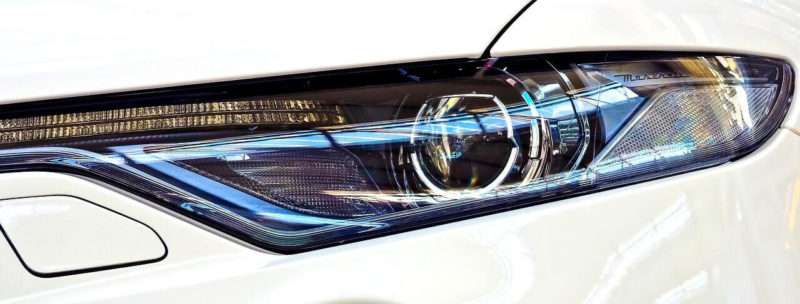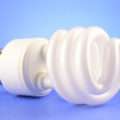A recent report from the European Commission found no evidence to suggest that LED light is harmful to your health.
The review, based on research conducted by the Scientific Committee on Health, Environmental and Emerging Risks (SCHEER), concluded that although there are ‘cellular and animal studies’ showing the adverse effects of LED light bulbs, these are based on exposure levels that are ‘greater than those likely to be achieved with LED lighting systems in practice.’
The effect of LED light on human health has long been a subject of contention. Concerns mainly centre on the effect of blue light on the eye, which has been said to cause damage to the retina.
The SCHEER report found that there is no danger to the healthy population from the use of LED lights. However, it does state that while LED emissions are not harmful to children, younger eyes are more sensitive to blue light so could be easily dazzled. Similarly, the elderly population may experience some discomfort – particularly from car headlights and daylight running lights – as the ageing eye is less efficient at transmitting blue-light to the retina. Signs and displays that use blue-light LED light bulbs may seem blurred to older people.
It goes on to consider the effect of LED light on the human circadian rhythm (the natural 24-hour cycle that includes sleeping and waking). While there is evidence to suggest that using electronic devices late at night can delay the production of melatonin – the hormone that regulates sleep – it is unclear whether this is an effect of the light itself or the mental activity involved in using the device. Also, there have been no studies conducted to date that compare LED light versus traditional light sources in situations like these.
The Committee acknowledged the rapid development of LED technology, stating that as it evolves, ‘it is important to closely monitor the risk of adverse health effects from the long term LED usage by the general population.’
The full report, is currently in its draft stage. Interested parties have until 17th September 2017 to provide additional scientific input and/or clarification.




